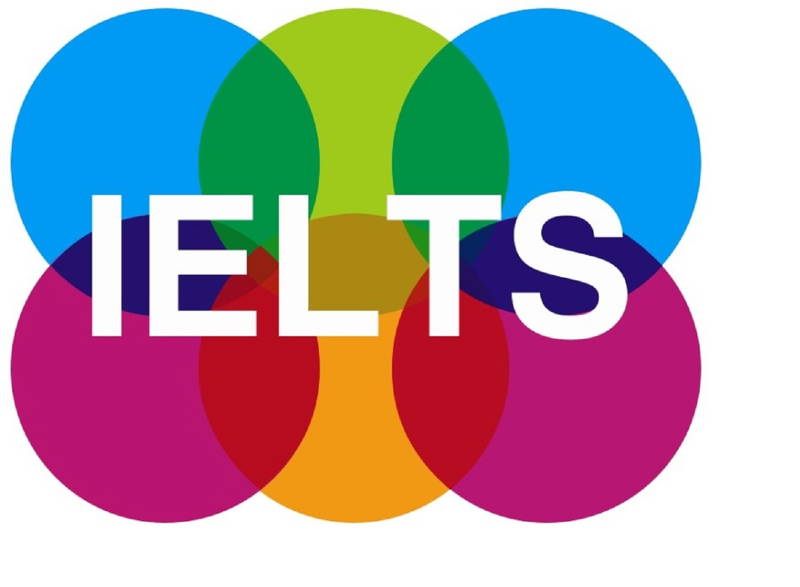Many candidates feel nervous before the IELTS speaking exam, seeing it as an interview where they may be judged by their appearance. But the truth is, IELTS speaking is all about how well you communicate, not how you look. Follow these 10 simple tips and tricks to calm your nerves and boost your score. No. 6 and 9 are secret weapons!
1. First impressions matter
Be confident when you meet the examiner. Smile, relax, and place your hands calmly on the table. If you need to adjust the headset, do so confidently. Avoid coming across as overly confident or proud.
2. Don’t memorize answers
Speak freely. The examiner can tell if you’ve memorized responses, and it could cost you points. Focus on using natural words and phrases.
3. Practice with sample questions
Prepare yourself by answering sample questions about common topics like sports, family, and travel. Practice with a friend or in front of a mirror to simulate the exam experience.
4. Ask for clarification when necessary
If you didn’t hear or understand a question, it’s fine to ask for clarification. But don’t overuse this tactic to buy time – the clock is ticking!
5. Be emotional and expressive
Engage your examiner by using emotion in your speech. Speak as if you’re talking to a friend, creating a personal connection.
6. Extend your answers
Don’t just give short “yes” or “no” responses. Elaborate on your answers using the “give reason” technique to provide depth and context.
7. Be fluent and avoid faking your accent
Stay calm and speak naturally. Use simple grammar and vocabulary. Don’t rush your speech – taking natural pauses is fine.
8. Be coherent and use linking words
Make sure your speech flows well by using linking words like “however,” “and,” or “nevertheless.” This will improve the overall structure of your responses.
9. Give yourself time to think
If you need a moment to gather your thoughts, start with phrases like, “That’s a tricky question” or “I’ve never thought about that before.” This buys you time to plan your answer.
10. Stay calm if you make a mistake
Mistakes happen, and that’s okay. Correct yourself if you can, and move on confidently. The examiner is not expecting perfection but wants to see how well you can communicate.
Stay focused, be yourself, and use these tips to ace your IELTS speaking test!













